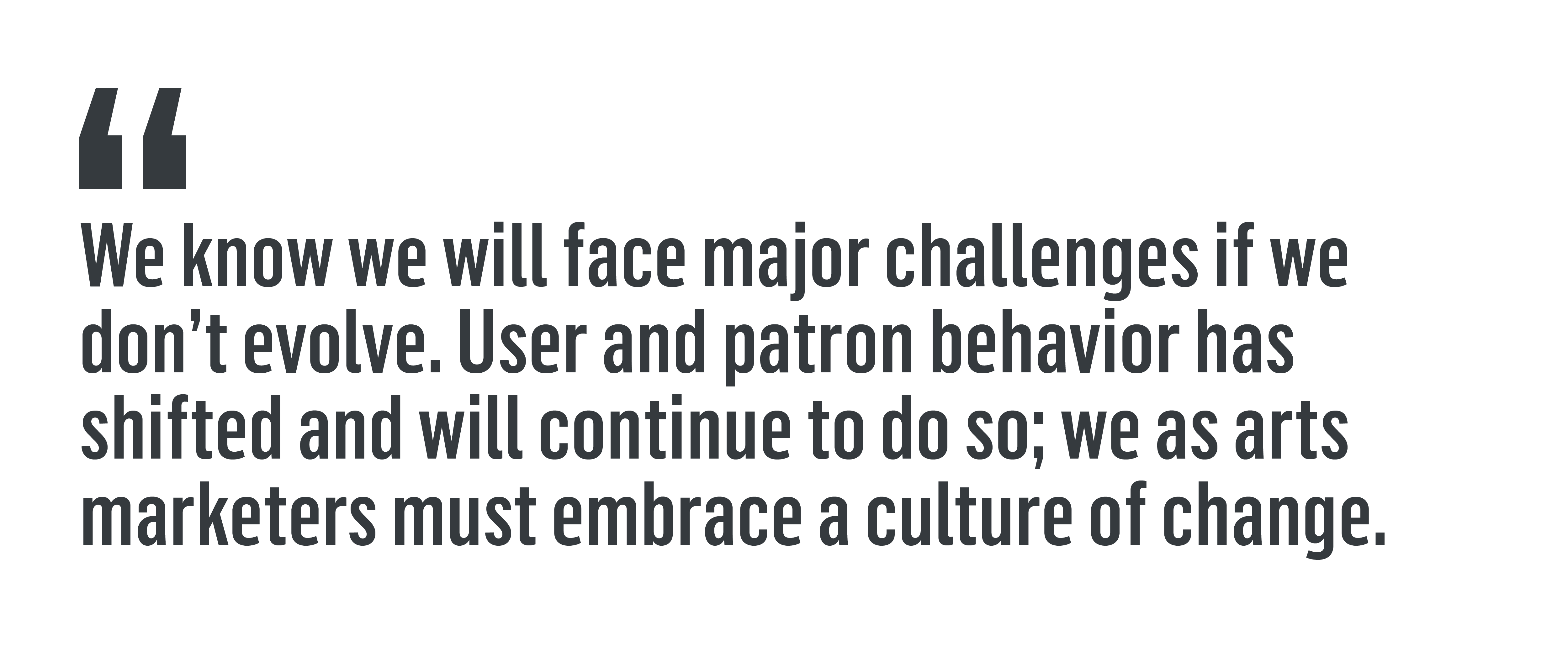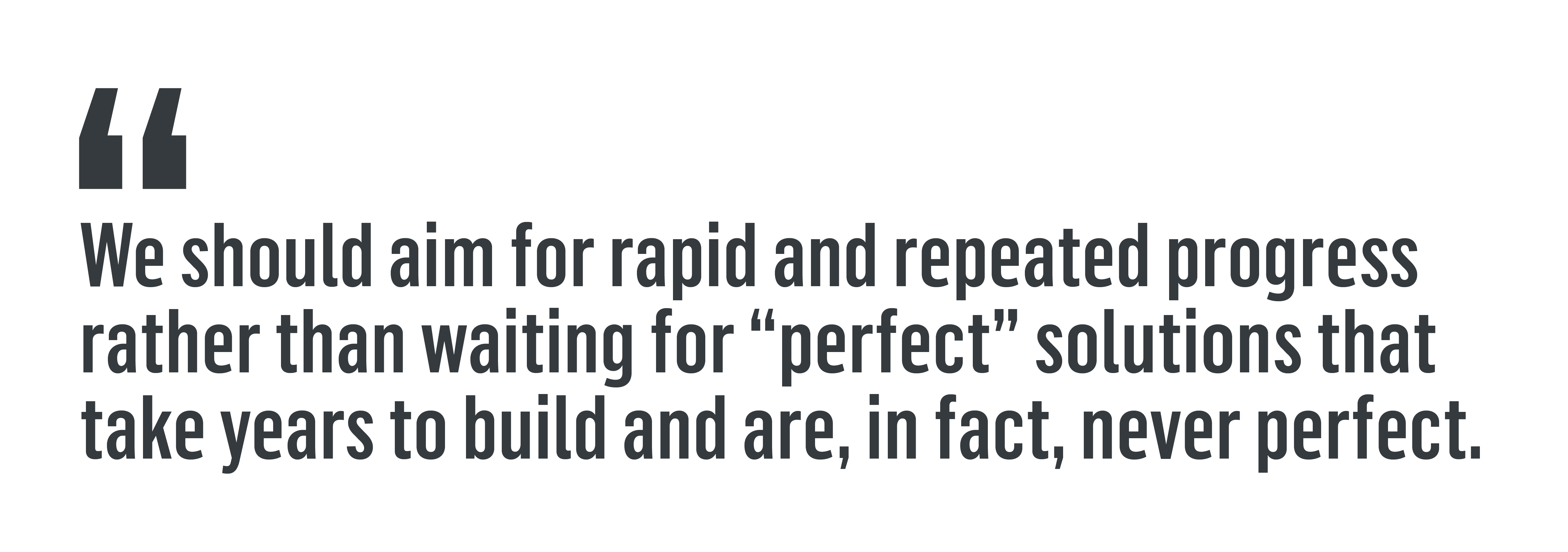Chutzpah, Hacking, and Other Lessons I Learned Working in Israel
As a native Israeli and general tech enthusiast, I can’t help but feel proud when I hear of an Israeli start-up that gets acquired by some big company (some more famous acquisitions include Waze for ~$1 Billion, Viber for $900 Million, and Mobileye for $15 Billion). Many people wonder how it is possible that Israel – a country that is so small (about the size of NJ and a population less than NYC), that is so young, and whose economic roots are in agriculture – how can Israel be such a tech leader and start-up hub for the world?
Much has been discussed about this topic in an effort both to understand the “secret sauce” and imitate aspects of it. The book Start-up Nation attributes much of the success to Israeli chutzpah (roughly translated to brashness, which leads to challenging the status quo and not letting shortcomings like size or experience stop you), to the required army service (where 18 year-olds learn lessons in leadership, teamwork, and accountability, perfect skills for the start-up world), and to Israel’s diversity and immigrant mentality (Israel is a young country that was born of immigrant Jews from all over the world, and the theory is that the risk-taking mentality of immigrants has permeated to the economy and start-up scene).
Another element attributed by some is the Talmud – the Jewish text dating back over 1,500 years that is a recording of the debates and logical arguments about Jewish law by major scholars, which is part of the modern curriculum of many Jewish schoolchildren. The Talmud is essentially a giant historical archive of logic and “hole poking” about Jewish laws and how they need to be interpreted and practiced. The theory is that while Jewish children learn about laws and rules, they also learn about questioning the rules, understanding their logical formulations, and debating cases to get to an answer, all skills which can help in many modern professions. This theory has caught on by some to the extent that many South Koreans are now studying the Talmud, despite the fact that they aren’t Jewish and aren’t interested in the laws themselves!
(This article and the theory itself are somewhat controversial, and while I personally am grateful for my experience learning Talmud in school and feel enriched by it, I have no idea how/if it has impacted my career or those of Israeli entrepreneurs. It’s impossible to tell.)
I recently spent a month working remotely from Tel Aviv, Israel’s start-up capital, and went to a fascinating lecture about Israel’s start-up success, where an additional idea was proposed: the Israeli cultural component and slang word combina – pronounced com-beena and translated into “hack” (not like hacking a mainframe computer, but creating a hacked approach). This is part of the Israeli day-to-day mentality where you figure things out on the fly and go for good enough instead of perfection. It forces you to think on your feet, problem solve, and, ultimately, make things happen. It leads directly to innovation.
A week later I had a meeting at an amazing medical emergency first response organization, where I got to see the operational center and much of the technology that is running behind the scenes in order to optimize their operations and minimize the amount of time it takes to get a first-responder to a caller (the goal is 90 seconds). While there, I learned that the organization faced a major challenge: they wanted to maintain the walkie-talkie form of communication between first-responder and dispatcher, but they also wanted to capture conversations for historical records and quality control purposes. Those two things don’t go together – walkie-talkie communications don’t get logged – so what were they to do? They are a young non-profit that needed to create the solution quickly and cheaply. They aren’t a technology company.

When I got to walk through the server room I saw the solution they created years ago: a wall of slightly modified, old-school Nextels that are always turned on and provide the dispatcher/first-responder the form of communication they need while providing the organization with the data they need. This to me is the personification of a combina. They took what was available – discarded phones and some scotch tape (literally) – and made it work for their needs at a fraction of the cost or amount of time it would have taken to build a custom solution from scratch. It wasn’t an “elegant” or fancy solution, but it solved their needs quickly and cheaply. It is the perfect solution.

Arts organizations aren’t tech start-ups. They have proud histories and years of impact in their local communities and in the world at large. But I still believe there are lessons that can be gleaned from start-up success and incorporated into how arts organizations operate – we are, after all, living in an ever-changing world with digital and technology being a critical driver of organizational success. We know we will face major challenges if we don’t evolve. User and patron behavior has shifted and will continue to do so; we as arts marketers must embrace a culture of change.
The lessons I believe we can take away from start-up mentality are:
Staff should be encouraged to take risks, innovate, and question legacy processes and the logic behind them to ensure they are still valid, relevant, and efficient. We should dedicate time to innovation and reward new approaches.
They should be empowered to take charge, own projects, and have the latitude to make mistakes along the way of getting to the right solution.
We should look for combinas when facing challenging projects – those creative, good enough solutions that might not be as elegant as we’d imagine, but provide what we need at a quicker pace and lower cost.
We should aim for rapid and repeated progress rather than waiting for “perfect” solutions that take years to build and are, in fact, never perfect. (e.g. instead of redesigning the entire website over the course of two years and tons of resources and money, go for an iterative and piecemeal approach where you test and release new parts of the site on a regular basis).
All of these skills should be cultivated, and organizations should keep investing in their team’s growth and refining their culture to foster a mentality of change.

Many of these lessons are likely already in practice at your organization, and none of them on their own should be too surprising. But, as with most cases, these traits and values should be thought of as being on a scale, not as a binary yes/no, and we should look to increase the emphasis on these approaches.
At Capacity Interactive, we encourage our team members to make mistakes because we know that otherwise we will not push hard enough and play it too safe. We are constantly experimenting with how we operate our company, both with internal facing areas like communication, knowledge sharing, and new hire onboarding, and with external facing client work (we will often ask clients about being a guinea pig for a new tactic or approach).
One recent example: instead of buying software to help us monitor client campaigns that would have cost us ~$15,000 per month, we are in the process of finalizing our version of the software that isn’t as powerful or “elegant” as the licensed version, but that meets all our needs and only took us a couple of days of time to create – a combina.
We’re not tech start-ups, but that doesn’t mean we can’t at times act a bit like them. We must maintain our roots in our proud legacies, but we must also think towards the future and how we can embrace change at the same pace that our world is changing, and we can look to start-ups – the companies that are focusing 100% on change and innovation – for some inspiration.










